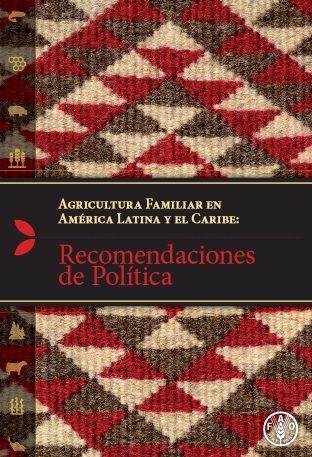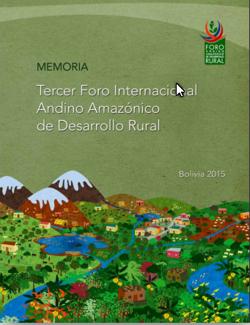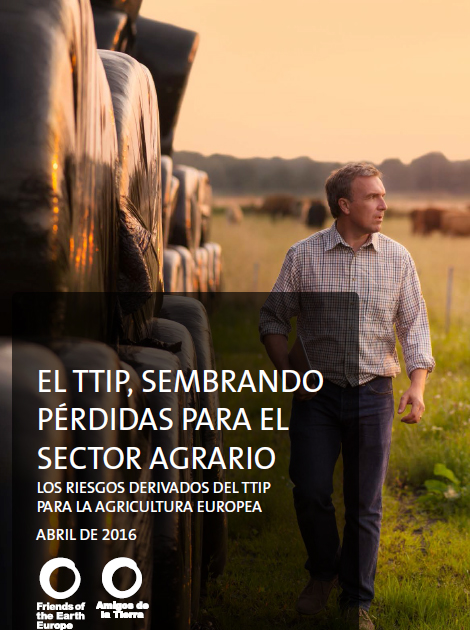Rural Stewardship Scheme (Scotland) Regulations 2003 (S.S.I. No. 177 of 2003).
These Regulations: (a) add to Schedule 2 the activities "management of ancient wood pasture" and "spring cropping" (reg. 2(5)); (b) add to Schedule 3 (capital activities) the activity "marking of deer fence to reduce bird collision" (reg. 2(6)); (c) substitute in Schedule 4 (rates of payment for activities) a new rate of payment for management of hedgerows (reg. 2(7)); and (d) add to Schedule 4 rates of payment for management of ancient wood pasture, spring cropping and marking of deer fence (regulation 2(7)).




